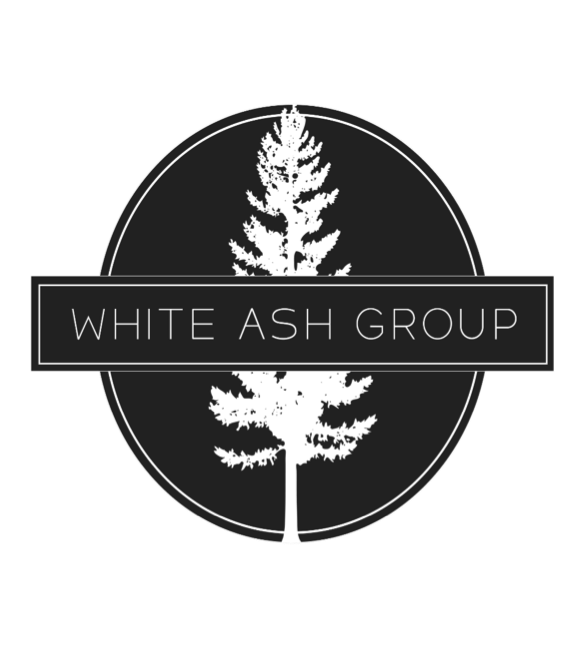The History Of Veterans Using Cannabis in Canada
Written by: Josh Socket
November 11th is an important day for many veterans and family members of veterans in North America. In Canada, the month of November commemorates the lives of the fallen since 1919. Many other countries also recognized the sacrifice and work of their veterans on November 11th.
We honour those lost in conflict and those who come home and aren’t quite the same afterward. Many veterans live complicated endeavors after leaving the Armed Forces. Many go with PTSD, substance abuse, chronic pain, or other mental and physical health concerns. Transitioning back into civilian life can be a struggle for veterans.
The USA and Canada have deployed forces to countries like The Middle East, Africa, Europe, Asia, and South America. Often to act as peacekeepers, but sometimes to engage in conflict. As a result, veterans often return to civilian life with conditions that didn’t exist before they served their country.
Veterans, Chronic Pain, And Mental Health Concerns
In a 2011 study, it was found that 67% of Canadian veterans who served between 1998 and 2007 were diagnosed with PTSD. The same survey reported that 80% of Veterans Affairs Canada patients were being treated for chronic musculoskeletal pain and mental illness.
Mental Illnesses treated with medical marijuana include:
Mood Disorders
Anxiety Disorders
PTSD
The same study also found that an estimated 60-80% of veterans diagnosed with PTSD also experience substance abuse issues. Substances include alcohol, prescription medications, as well as harder drugs. Unfortunately, many veterans with substance abuse issues go unreported and untreated.
For many veterans, cannabis is their medical treatment for chronic pain, mental health issues, and PTSD. However, Veteran Affairs will not reimburse for medical cannabis. Meanwhile, many veterans are patients or customers in States where some form of cannabis is legal. In a US study conducted in 2016, 58% of opioid users could reduce their use when prescribed medical marijuana. Cannabis can act as a harm-reduction tool in Canada and the USA.
What A Veteran Can Be Prescribed
As early as 2007 in Canada, veterans received medical cannabis to treat their physical and mental health issues. Veterans Affairs Canada provides reimbursements for Medical Marijuana for veterans.
Canadian veterans can be reimbursed for up to three grams daily of medical marijuana or its equivalent or cannabis oil. Three grams daily works out to 1,095 grams a year. The VAC (Veteran Affairs Canada) has established an $8.50 per gram rate for products they reimburse. Not all veterans are fulfilling prescriptions for THC products only: many veterans have CBD or a mixture of CBD and THC products to manage their conditions.
Many veterans are being reimbursed for CBD products such as:
Oils
Creams
Edibles
Beverages
Softgells
Other assorted CBD products
Cannabis is a versatile plant and can treat several conditions. It can also be manufactured into a wide variety of treatments. It would be interesting to see metrics on the VAC’s reduced spend for other medications and treatment.
Medical Marijuana For Veterans
Canadian veterans have been receiving reimbursed Medical Marijuana since 2007. It started with a single veteran and continued to grow. Between 2008 and 2014, veterans were covered under Section 4 of the Veterans Health Care Regulations. This was following Health Canada’s Marihuana Medical Access Regulations. At the time, only certain conditions and circumstances, with specialist authorization, were able to access cannabis. Health Canada was significantly more strict with why and how veterans were accessing cannabis.
In 2014, Health Canada introduced the Marihuana for Medical Purposes Regulations. These new regulations removed access limitations for specific conditions and authorization by a specialist. However, medical authorization was still required for veterans to access medical marijuana.
Over time the number of veterans grew. In 2011-2012, 37 veterans had their medical marijuana reimbursed by the VAC. Together the VAC reimbursed 103,424 dollars in marijuana for veterans. In 2021-22, 18,388 veterans were having their medical marijuana reimbursed. In 2022, the VAC spent over $150 million on medical cannabis for veterans.
There are projects that VAC reimbursements will reach $200 million in the next 1-2 years.
Veterans And The Cannabis Industry In Canada
Although our veterans reside across Canada, the top five provinces for veteran medical marijuana reimbursement in 2022 are:
Ontario with $43,526,465 in veteran reimbursements.
New Brunswick with $29,780,123 in reinvestments.
Nova Scotia with $26,759,904 in reimbursements.
Alberta with $11,905,063 in reimbursements.
British Columbia with $10,492,437 in reimbursements.
Many of the medical cannabis industry is dedicated to serving our veterans. Cannabis clinics and licensed producers work together to ensure veterans are treated with dignity, respect, and compassion. This devotion to our protectors and peacekeepers is essential. Hopefully, as the USA’s cannabis reform continues, there will be opportunities to support even more veterans as they cope with the traumas and illnesses they developed over time while serving their country.
The Cannabis industry is full of stories about compassion, support, and weed. This plant has a strange way of bringing people together. For another story about people coming together to provide compassion and support, read 3 Years In Celebrating Last Prisoner Projects Accomplishments Since 2019.

